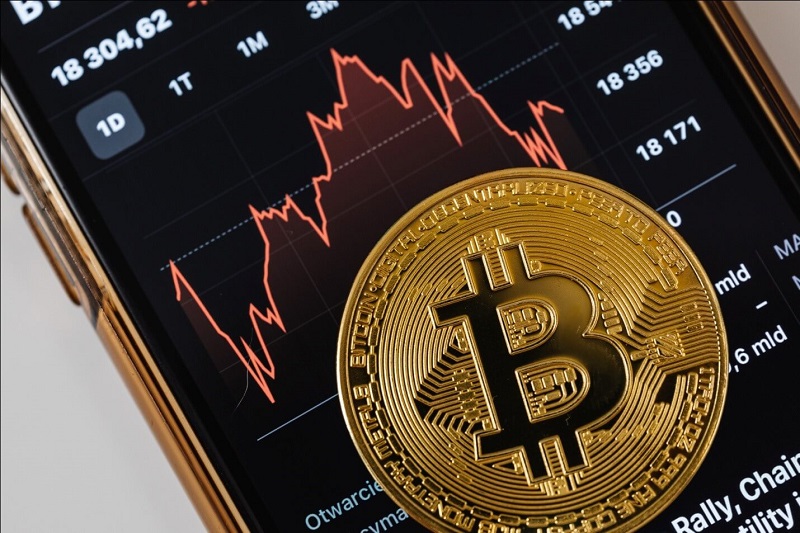Soon after Bitcoin started gaining traction, more and more authorities and governments were concerned about its implications. And to this day, there is an ongoing debate on the need for regulation of cryptocurrencies. For some, cryptocurrency is a gateway to the future, while others believe that if it is not contained and regulated, it may become a root for many troubling activities. All we know is that there is an increase in cryptocurrency’s popularity. And while it may serve fruitful purposes, it can also be exploited, much like any other innovation.
Concerned authorities are threatened by the existence of Bitcoin, and so are the prevalent financial institutions. Decentralized currency has taken quite a lot from their control. Even though there are factors involved that make people reluctant about cryptocurrencies, it has also opened up opportunities like never before. In this blog, we will try to determine whether cryptocurrencies be regulated or not. For more information about bitcoin trading you can visit Bitcoin Prime App
What Are Regulations and What Is Happening All Around the World?
We require a third party or a financial institution to validate and ensure the transaction in our general transactions. However, cryptocurrencies do not require any third-party involvement. They are peer-to-peer networks that involve complex cryptographic validation methods to avoid fraud and double-spending. This evades them of any rules and regulations that a state may imply on transactions.
Regulations mean that cryptocurrencies are more controlled. Even though the ledger of the transactions is public, all the participants, the state, or government have no authority to impose any rules and regulations such as taxation.
However, when it comes to publicly trade in cryptocurrencies, states and governments can meddle with the process. Throughout the world, there are bans and regulations imposed on trading transactions. While some places have allowed fair transactions, most of the countries are against the idea. There are all sorts of punishments involved as well. From finding a moderate pathway to right away giving jail time to those who are trading in cryptocurrencies, there is a vast difference of opinions between one country to another.
Many countries around the world are trying to digitize their own currency. Digitalized currency is an ongoing trend. However, the centralized digitalized currency is not the same as cryptocurrency. While it may make it a lot feasible for the people, it may not be able to substitute cryptocurrencies.
Why Do We Need Regulation?
It is believed by many governments that having a mechanism that is out of their control gives a pathway to money launderers and people evading taxes. Moreover, there are threats of terror financing and other drastic consequences of allowing such systems. Since the transaction is only between the two parties, there is no way to keep track of money flow, which makes it impossible to keep an eye on.
Not only this, but it further also contributes to market manipulation due to its volatility. First off, there is no telling what will be the value of the cryptocurrency tomorrow. There are several factors at play that contribute to this high volatility which makes it a huge risk for business transactions and trading. There is no stability when it comes to cryptocurrencies which then calls for more regulations.
Should Cryptocurrencies Be Regulated?
We will not answer this question for you but rather let you be the judge based on the information shared above. Cryptocurrencies are currently endorsed by large corporations, which means more and more business is being attracted towards them. However, this does not change the fact about their instability. There are its pros and cons, and the future will tell us what outweighs what.











